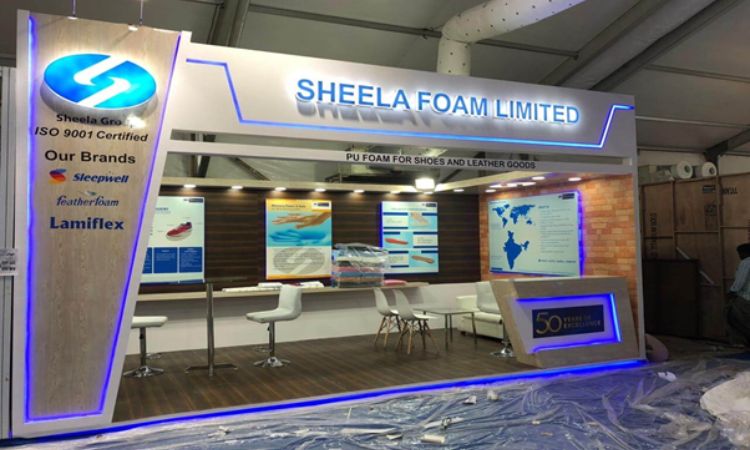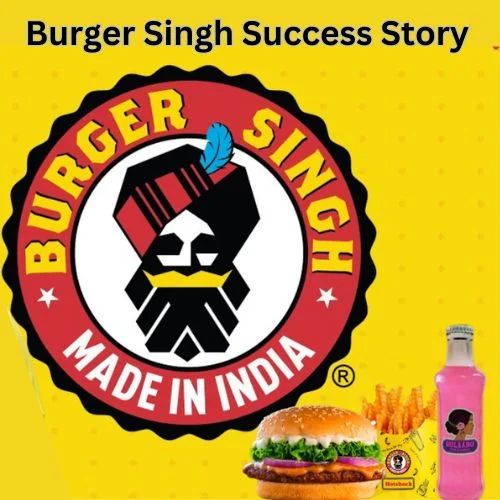In a twist, Sheela Foam Ltd has decided to acquire its competitor, Kurlon Enterprise Ltd in a transaction, at a reduced price of Rs 2,150 crore. This strategic move is aimed at enhancing Sheela Foam’s’ market presence and capitalizing on cost advantages, synergies, and improved access, to materials.

Sheela Foam Ltd, originally planning to acquire rival Kurlon Enterprise Ltd in two installments for a hefty cash consideration of Rs 3,250 crore, has now decided to purchase the competing company outright for a reduced amount of Rs 2,150 crore.
Remarkably, the deal values Kurlon Enterprise at a mere 2.4 times its annual sales, while Sheela Foams is valued at a significantly higher price-to-sales ratio of 3.9 times.
Reports had indicated that the acquisition of Kurlon Enterprise, renowned for their popular Kurl-on brand of mattresses, would enable Sheela Foam, known for their esteemed Sleepwell brand, to nearly double their existing market share. Should this deal come to fruition, Sheela Foam’s market dominance within India’s organized mattress segment could skyrocket from a modest 20-25 percent to an impressive 35-40 percent.
Sheela Foam, a prominent player in the market, boasts renowned flagship brands such as Sleepwell mattresses, Feather Foam (a pure PU Foam), and Lamiflex (a polyester foam for lamination). Intriguingly, their presence is predominantly concentrated in the North and West regions, while Kurlon’s influence extends to the South and East territories.
Aside from the potential market expansion, the acquisition promises alluring cost benefits and synergies. An estimated infusion of Rs 900 crore is projected to augment Sheela Foam’s consolidated revenue substantially. Furthermore, this deal grants Sheela Foam the advantage of procuring a greater quantity of raw material, TDI (Toluene Di-Isocyanate), at considerably lower rates.
Sources explained, “Following the completion of the deal, Sheela Foam’s combined procurement of TDI for both themselves and Kurlon will enable the company to secure substantial bulk discounts.” Apart from the advantages in raw material sourcing, there is also the anticipation of operational synergies at the factory level, along with the optimization of capacity utilization at the manufacturing plants of both entities.















